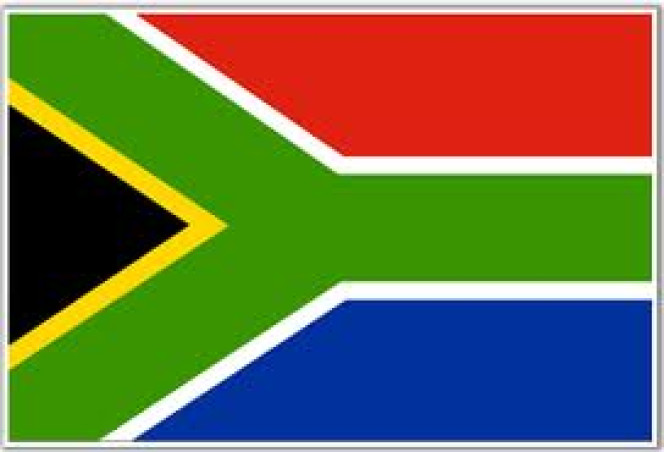SouthAfrica :Deregulate money

DURING the course of last week, Business Day published two stories on Vodacom’s discontinuation of M-Pesa in SA, while at the same time publishing two stories reporting how the remarkable income from M-Pesa boosted Safaricom’s revenue.
Inasmuch as the use of various payment standards in SA and the lack of interoperability worked against M-Pesa in the domestic market, the main culprit was excessive regulation.
As part of boosting economic growth, SA should drive the adoption of e-commerce by embarking on deregulation regarding the use of mobile money. The South African regulations require a merchant to have a specific financial service provider licence. Countries like Kenya and Tanzania do not have these kinds of regulations and, thus, the growth of their mobile-money usage has been exponential.
It is important to remember that M-Pesa is not the first mobile-money platform that has been adversely affected by overregulation. Whereas internet and cellphone banking uptake has been impressive in SA, mobile-money services have not been successful. 20Twenty and MTN Banking, a joint venture with Standard Bank, have floundered.
It seems Standard Bank had high hopes for MTN Banking, to the extent where it neglected its digital-banking delivery channels.
In July 2014, MTN and Pick n Pay announced their Mobile Money joint venture. MTN has also introduced a standalone MTN Mobile Money. Let’s watch in anticipation to see whether these MTN mobile money ventures survive SA’s excessive regulation.
If SA wants to remain Africa’s financial hub, we will have to liberate the market through deregulation.
Prof Rabelani Dagada
Policy Fellow, South African Institute of Race Relations
SOURCE:BUSINESSDAY SA
 Africas leading resource for digital financial services
Africas leading resource for digital financial services


comments